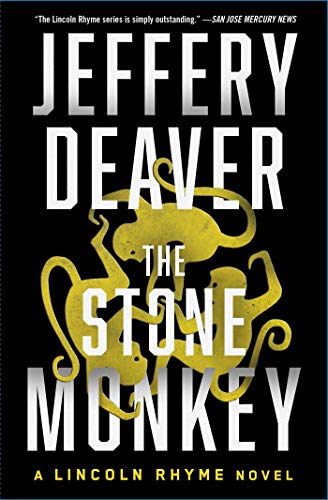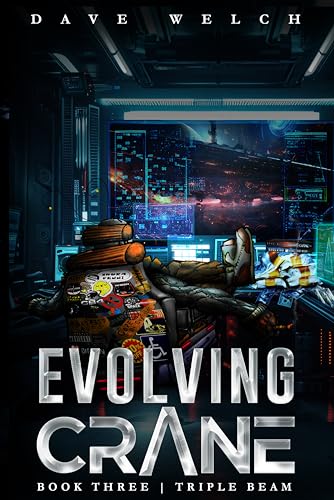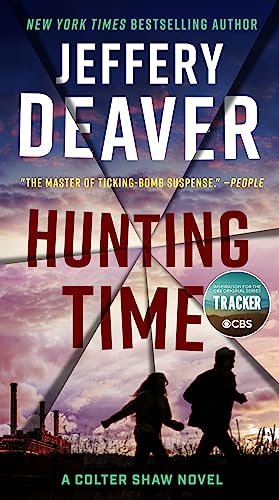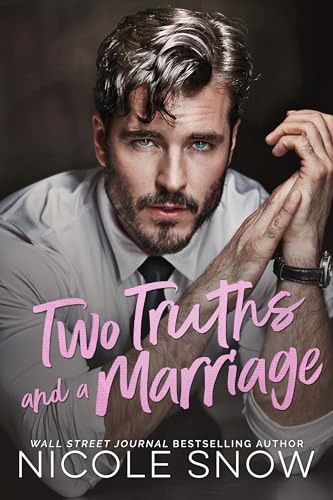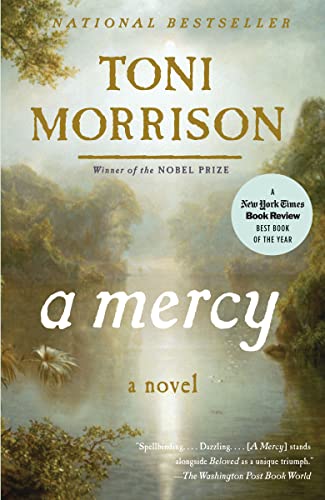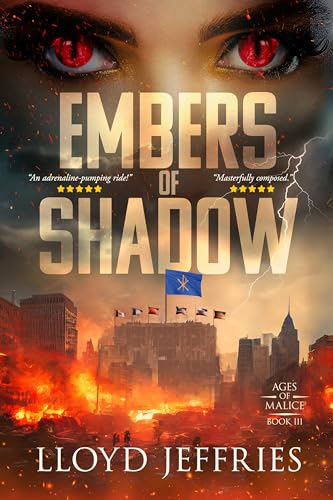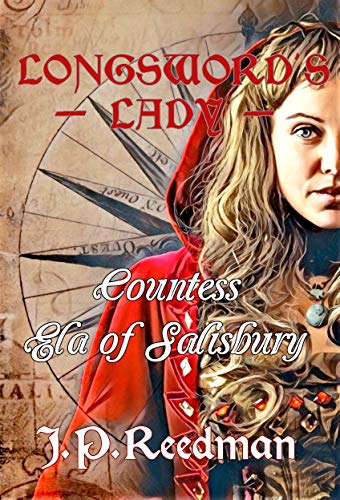
In today’s Publetariat Dispatch, author, Kindle Fire on Kindle Nation Daily Editor in Chief and Publetariat Founder and Editor in Chief April L. Hamilton muses on the conflict inherent in authors trying to maintain a web presence.
Writers are supposed to be passionate, communicative, and have some strong opinions. Like all artists, it’s their job to speak truth to power when others will not or cannot. In other words, they’re supposed to have something to say, and they’re supposed to say it, and they’re not supposed to give a damn what anybody thinks. It is in this that the purity of their art is grounded.
Authors are supposed to establish an online presence that’s open, welcoming, inclusive, and entirely inoffensive. Like all marketers, it’s their job to appeal to the widest demographic possible. In other words, they’re not supposed to have anything negative or controversial to say, and if they do, they’re not supposed to post it, and they’re supposed to care a great deal about what everyone thinks of anything they do post. It is in this that their online reputations are kept untarnished.
Do you see the disconnect here, the fundamental opposition of these two sets of requirements?
[palm-forehead] What were we thinking?!
For years now, I’ve been proferring the same author platform advice: carefully cultivate and maintain your image, always be nice, don’t say or do anything that could be construed as negative or controversial, and strive to avoid turning off your readers (and potential readers) at all times and at all costs. I’m beginning to think this advice is wrong.
How can one possibly spend half or more of the time wearing his Author hat and being a totally benign milquetoast, and the rest of it wearing his Writer hat and churning out impassioned, moving prose? Assuming it’s possible to make a habit of pretending not to care too much, or be bothered too much, by anything, is it a good idea for any artist to do so?
I’ve noticed that after about five years of doing the benign milquetoast thing, the seams on my carefully cultivated, totally benign, online effigy are starting to show sometimes. And rip open in a few places. However hard I try, when I come up against something or someone with which/whom I disagree very strongly, there are only so many times I can avert my eyes, either say nothing or just mumble something vague, and keep moving. Increasingly, I can’t seem to help going off on the things and people that bother me lately.
Maybe it’s just because election years always bring out the ignorant yahoos and smug twits in droves, and I’ve had just about enough of their nonsense. Maybe it’s that the collapsing economies all around the world have us all on edge. Maybe it’s because I haven’t felt I’ve had a well-developed enough concept to channel all that writerly angst and passion into a new novel. Maybe it’s because I’ve been (figuratively) beaten down and bloodied by a few simultaneous life crises over the past two years.
Maybe I’m just a cranky bitch.
Or maybe, just maybe…it’s because behind my carefully tended online persona, I’m a human being who’s alive, with an active mind, who has thoughts and experiences and feelings, who is imperfect, and sometimes gets angry at the wrong people or for the wrong reasons, who feels guilty or insecure every now and then, and every so often runs out of patience at precisely the wrong time.
As a writer, I’m supposed to believe—no, I NEED to believe—that all the mistakes I make, all the wrongs I either inflict or endure, inform my work. As an artist, if my art is to have any impact at all, I am supposed to wring meaning and insight from these experiences and channel it into my work.
Remember when part of the charm of celebrated authors was their other-ness? They were legendarily prickly, snarky, bohemian, drunks, or brawlers who seemed to spend their days in bed (often with multiple partners), and their nights about equally divided between scandalizing the bourgeoisie and pouring out Important Literature. Above all, they didn’t give a toss what the general public thought about them. How could they? In much the same way an actor must be totally un-self-conscious in order to really disappear into a role and be true to the material he’s been given, a writer must be totally un-self-conscious in order to disappear into the world of his stories and characters and be true to the material he’s creating.
When you’ve developed the habit of turning off your authentic self to the point that it feels effortless, how can you be sure you’re really capable of turning it back on again? If you spend so much of your time worrying about how you’re being publicly perceived, how can you prevent that insecurity from creeping into your work? If you care so much about being perceived negatively online that you’ve made it a practice to avoid posting anything that could possibly cause you to be perceived negatively, how can you be sure you’re not sanding off all the rough edges of your ideas, plots and characters as well?
Now, don’t misunderstand me. I’m not saying writers should all immediately pick up some self-destructive habits and start purposely offending everyone within virtual earshot. No, no, no. But I am saying that maybe it’s not so bad to take a stand every now and then, and maybe it’s not the end of your career if it’s a poorly informed and badly executed stand. Maybe it’s not such a bad thing to expose your human-ness and your passions once in a while.
Being a good little Author Platformer means putting the Ego in charge: the reasoning, detached part of the self that suppresses baser urges and animal instincts. The Id is where all base urges and instincts originate, but it’s also where insight and creativity live; chaining the Id to a post in the basement of one’s day to day life may be the worst mistake any artist can make. My Id has been locked up for too long, and it’s acting out. I’m beginning to wonder if I should’ve been letting it come out to play, and make its mistakes and messes, a little more often than I have these past five years.
Case in point: a post of mine was picked up by The Passive Voice blog, and there were a number of comments. One commenter zeroed in on one specific line in the post, and took up a real battleflag against it. And this irked me, a great deal. Straw man arguments are a pet peeve for me, but not without good reason…
I have read and personally experienced far too many cherry-picking arguments when the indie author movement was just getting off the ground, where some naysayer or other would attempt to discredit the entire notion of indie authorship by attacking or attempting to disprove one specific statement in an essay or blog post—an essay or blog post with which they could find no other particular fault. Time and again, the trolls would come forward to hold up this or that one, specific example of a failed or poor-quality indie book, and use it as the foundation for their thesis that, “therefore, all indie books are bad and virtually no one buys indie books.” So I’m pretty touchy about cherry-picking arguments.
I do not believe this commenter is a troll, nor do I think he necessarily deserved the chilly and irritated responses he got from me. I’m sure many people have seen the exchange, and some of them thought worse of me for it. Three years ago, I would’ve been frantically working damage control and obsessing about the potential fallout. Two years ago, I wouldn’t have responded to the commenter at all. One year ago, I would’ve responded with some bland bit of mild disagreement, sure to include at least one qualifier that would welcome anyone reading my response to dismiss it completely.
Now, I’m doing nothing. I overreacted because this commenter unintentionally hit a raw nerve, but while I did go so far as to wonder “aloud” what his motivations might be for so tenaciously clinging to this one line of argument, I don’t believe I stepped over the line into being rude or hurtful. A display of poor judgment on my part? Absolutely. Obnoxious? Fine, I’ll give you that. A total meltdown? No, I think that’s going too far.
Above all else, what it was, was proof positive that I’m not just a bland…um, I mean brand. It was a demonstration that I can and do get bothered and passionate about things sometimes, even if this Author Platform lifestyle of stuffing those tendencies down for the past five years is now resulting in me getting a little too bothered and being a little too passionate about relatively unimportant things.
I’m not advocating for authors to start shooting their mouths off about anything they want to in any setting. There are such things as decorum, respect, and ‘reading the room’, after all. I’m just saying that maybe it’s not such a bad idea to be your authentic, opinionated, imperfect self now and then, at least when the stakes are low, even in the context of author platform. Some will respond well, others won’t. But those who don’t like your authentic self probably never would’ve liked your work anyway. And if constantly stifling your authentic self may also result in stifling the authenticity of your work, it’s a price that’s too high to pay.
Maybe letting your Id peek through the veil every once in a while serves to vent bile that would otherwise build up until you do have a public meltdown when some minor irritation tips the scale. I can’t say for certain. All I can say is that whatever I’ve been doing up until now ain’t working anymore.
This is a cross-posting from April L. Hamilton’s Indie Author blog.

